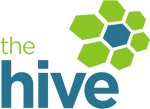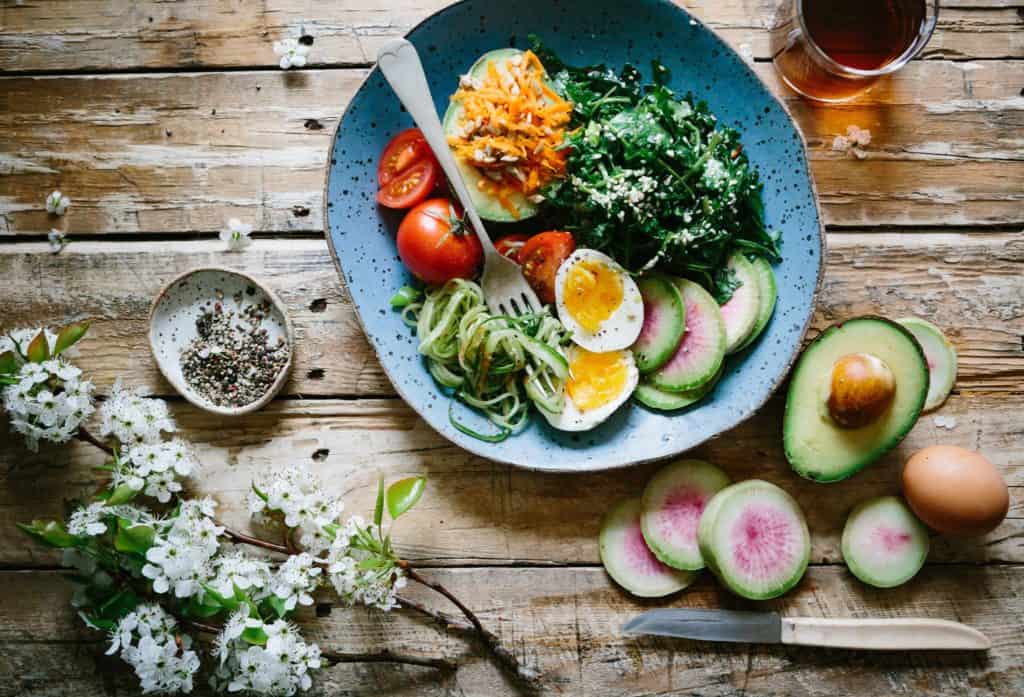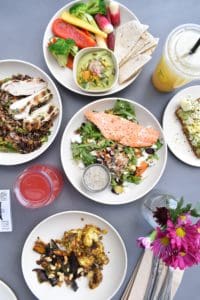By Dr. Marieta Buse ND, CISSN
You can be eating all the healthy foods in the world. However, if you don’t have these essentials in place, it will inevitably be hard to maintain an optimal balance in your nutrition and diet. In the coming weeks, I will be going over my top 3 recommendations on what to eat before, during, and after climbing. My hope is that your decisions around food will be more intuitive as a result.
Water
Water is essential for our body to function properly. We need it to lubricate our joints, help our organs flush out waste from our body, and break down the macronutrients we ingest. Typically, we need 2L of water a day. If we are climbing, however, we need more. Especially if we are climbing for long periods of time outside (ie: on a multi-pitch), we need more water to offset how much we sweat to avoid dehydration. We may also need electrolytes to help offset salts lost through sweat.
One thing I like to point out is that electrolytes are simply salts like potassium and sodium. You don’t need those very fancy supplements – you can simply drink coconut water. Or, add a 1/8-1/4 tsp of salt, 2 tbsp of agave or honey (glucose helps the absorption of the salt), and half a lemon in half of L water of water – and that can as serve as your electrolytes.
Protein
The amount of protein you ingest is dependent on your goal for climbing and training in addition to your body weight.
In general: (Between 0.8 to 1.2) X (your body weight in lbs) = (in g protein). For example for me, if I weigh 120 lbs, I strive to get 120 g of protein in a day in order to build muscle and complement the training I do outside of climbing. Disclaimer: If you have a medical diagnosis or condition(s), please consult a doctor to determine the right amount of protein for you.
This is not as easy as you’d think! If you ate let’s say:
- For breakfast: 2 eggs on toast and avocado.
- For lunch: a salad with some tofu.
- For dinner: chicken with sweet potatoes and veggies.
That sounds like you’d be getting enough protein because there is a protein source which each meal. But, in reality, you’d only be getting 50-60 g of protein. Which in my case, is half of my goal protein intake.
In addition, you want to make sure that you have variety in your protein sources including healthy plant sources alongside your animal sources if that’s part of your diet. If you’re vegan or vegetarian make sure that you have a variety of complete protein sources throughout the day. This can look like rice and beans, beans and corn, or whole grain toast and nut butter.
In general, try to aim for 20-30 g of protein spread over 5-6 meals, or 30-40 if you prefer 3-4 meals a day.
Recovery
Lastly, one of the most fundamental aspects of nutrition is ensuring you have enough recovery. I mean this in a couple of different ways:
Enough sleep overnight
Sleep is essential for regeneration, including for our digestive system and muscle growth. We don’t grow muscle during a climb or workout, we do it at night in response to the release of growth hormone.
Having enough rest between climbs and periods of recovery in training programs
This allows your body to catch up to the physical demand you’ve been putting on it.
Recovery from a strict meal plan if you’re on one
Give yourself a break periodically to enjoy food and experiences with friends and family. Schedule them in. Be kind to yourself. 80% of the time strict and then 20% room to enjoy.
Enough recovery for the digestive tract, or time overnight for the digestion process
This means not eating too late one day and too early the next. Our digestive tracts require around 8 hours to finish digesting our food from the previous day and another 4 hours to complete our natural detoxification pathways. In general, I try to have my patients leave 12h between dinner one day and breakfast the next – kind of like an intermittent overnight fast.
Stay tuned for parts 2 and 3 coming up!
A word from the author
As a naturopathic doctor with a CISSN sports nutrition certification, much of what I do in my medical practice every day is to create meal plans for athletes to cover their nutrition and dietary needs and achieve their performance goals. If you are interested in a meal plan that is tailored to your individual needs, book in for a free 15 min Meet & Greet at:
Dr. Marieta Buse ND, CISSN
Practitioner for the National Network of Climbing Escalade Canada
Certifications in prescriptive authority, IVs, and advanced injections, including prolotherapy
MVMTLab (Gastown)
Vitae Health & Sport (North Vancouver)
Instagram: @inspiretheclimb





